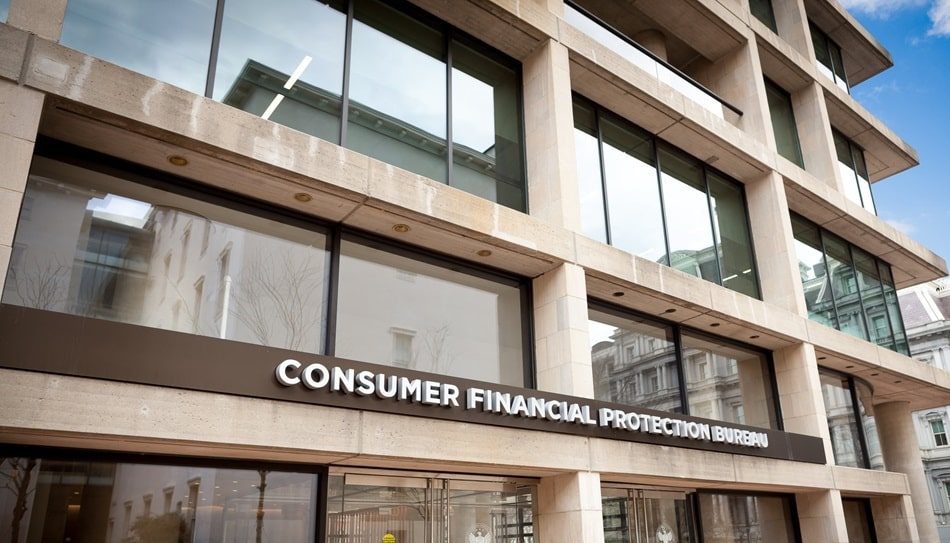The Consumer Financial Protection Bureau (CFPB) has filed a lawsuit against Early Warning Services, the operator of Zelle, and Bank of America, JPMorgan Chase, and Wells Fargo.
The CFPB alleges these companies failed to protect consumers from rampant fraud on the peer-to-peer payment platform, leading to over $870 million in losses since Zelle’s 2017 launch.
Key Allegations
The CFPB claims the banks prioritized speed-to-market over security to compete with apps like Venmo and CashApp. The lawsuit highlights several failures:
- Inadequate Identity Verification: Fraudsters exploited Zelle’s token system, linking victims’ accounts to their own and rerouting payments.
- Poor Fraud Prevention: Banks didn’t share critical fraud data across institutions, allowing repeat offenders to move between accounts undetected.
- Neglecting Consumer Complaints: Hundreds of thousands of fraud complaints were ignored, with some victims told to contact fraudsters directly.
- Violation of Federal Laws: Banks allegedly failed to comply with the Electronic Fund Transfer Act and Regulation E by not properly investigating fraud cases.
CFPB Director Rohit Chopra, said:
“The nation’s largest banks felt threatened by competing payment apps, so they rushed to put out Zelle.
“By failing to implement safeguards, Zelle became a gold mine for fraudsters while often leaving victims to fend for themselves.”
Bank and Operator Profiles
- Bank of America: Based in Charlotte, NC, it holds $2.5 trillion in assets as of mid-2024.
- JPMorgan Chase: Headquartered in Columbus, OH, it is the largest U.S. bank with $3.5 trillion in assets.
- Wells Fargo: Based in Sioux Falls, SD, it manages $1.9 trillion in assets.
- Early Warning Services: A Scottsdale, AZ-based fintech company co-owned by seven major U.S. banks, including those named in the lawsuit.
Zelle allows near-instant transfers using linked email addresses or mobile numbers. However, its design has made it a target for fraud schemes, leaving consumers unprotected.
Bank of America said it strongly disagreed with the lawsuit. It said more than 99.95% of transactions across the Zelle network go through without incident.
Wells Fargo declined to comment.
JPMorgan said the CPFB was “overreaching its authority by making banks accountable for criminals.”
Early Warning said the lawsuit was “legally and factually flawed.”
Enforcement and Consumer Protection
The CFPB’s lawsuit seeks:
- A halt to the alleged unlawful practices.
- Financial redress for consumers.
- Civil penalties to be paid into the CFPB’s victims relief fund.
The CFPB is leveraging its authority under the Consumer Financial Protection Act to address what it describes as “unfair, deceptive, or abusive practices.”
Seasonal Fraud Risks
The holiday season often sees a spike in scams. The CFPB advises consumers to remain vigilant when using payment networks and report suspicious activities through its online portal or helpline.
What’s Next?
The CFPB’s case against Early Warning Services and its partner banks could reshape the landscape of peer-to-peer payment systems. Consumers and whistleblowers are encouraged to report misconduct to the CFPB to ensure greater accountability in the financial industry.
For more information, visit the CFPB website or call (855) 411-CFPB.




